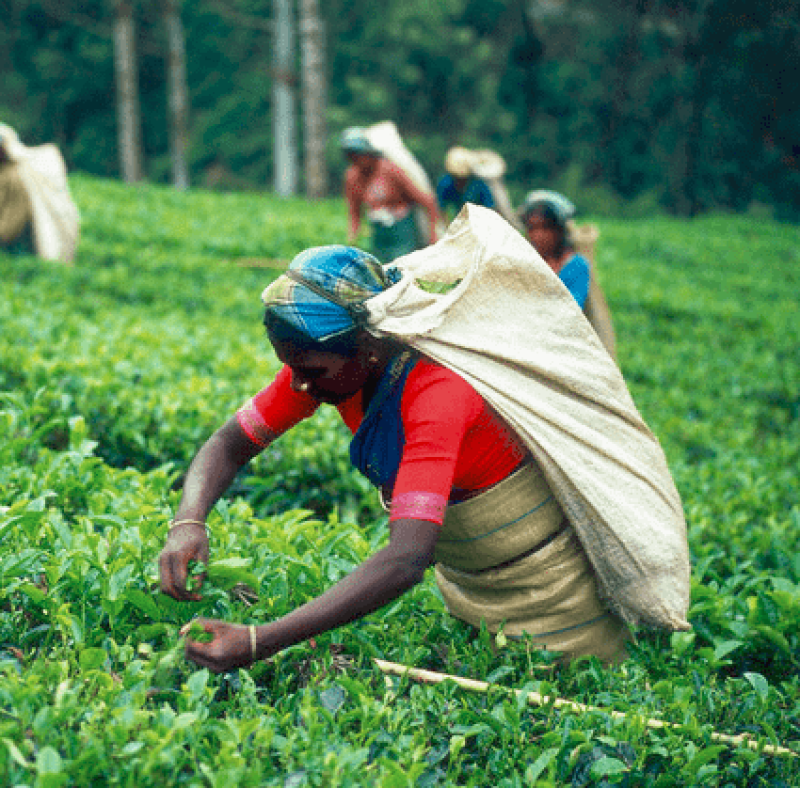[Editor’s Note: Parakrama Waidyanatha is a scientist and former Chairman of the Coconut Research Institute.]
The grapevine whispered to me that at a recent meeting in [Sri Lanka’s] Parliament, when the Minister of Plantation Industries was presenting his case for lifting the current ban on glyphosate, you had remarked that this weed killer is a ‘poison’ and the ban should not be lifted.
Perhaps you were suddenly reminded of what you learnt at the Medical College, the wise words of Bombastus Paracelsus, the founder of the science of pharmacology, uttered some 500 years ago, that all substances are poisons. Unfortunately, you, at the spur of the moment, forgot the rest of what he said, that is: “….there is nothing which is not a poison and it is the dosage that differentiates a poison and remedy”!
…
Glyphosate was partially banned during the latter part of the previous regime, and totally in June 2015 under the new government. It is evident that a certain research paper published in a fee-levying journal as a hypothesis (the word hypothesis was prominently displayed near the title of this paper) by some local scientists, was instrumental in making this decision.
…
[T]he tea industry is suffering huge losses as a result of poor weed management in the absence of glyphosate or an effective and cost competitive alternative.The GLP aggregated and excerpted this article to reflect the diversity of news, opinion, and analysis. Read full, original post: Look at glyphosate dispassionately































